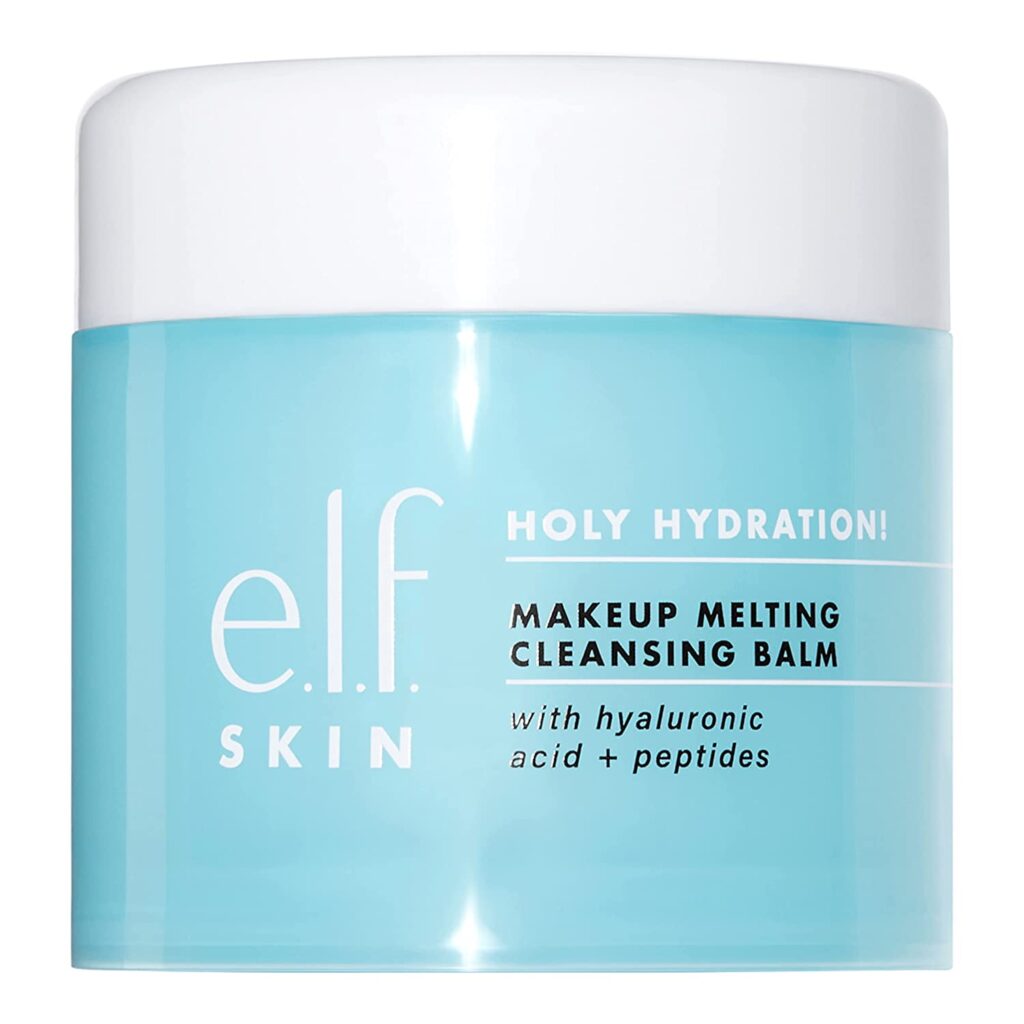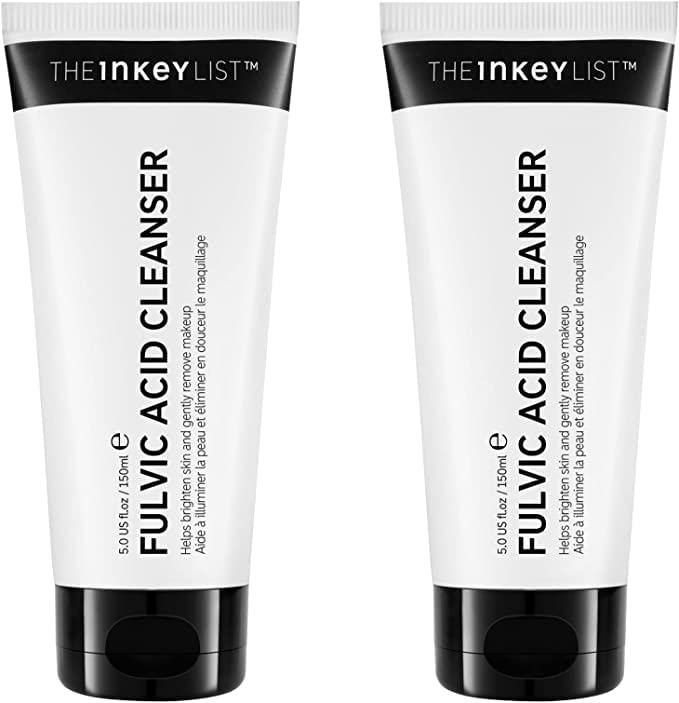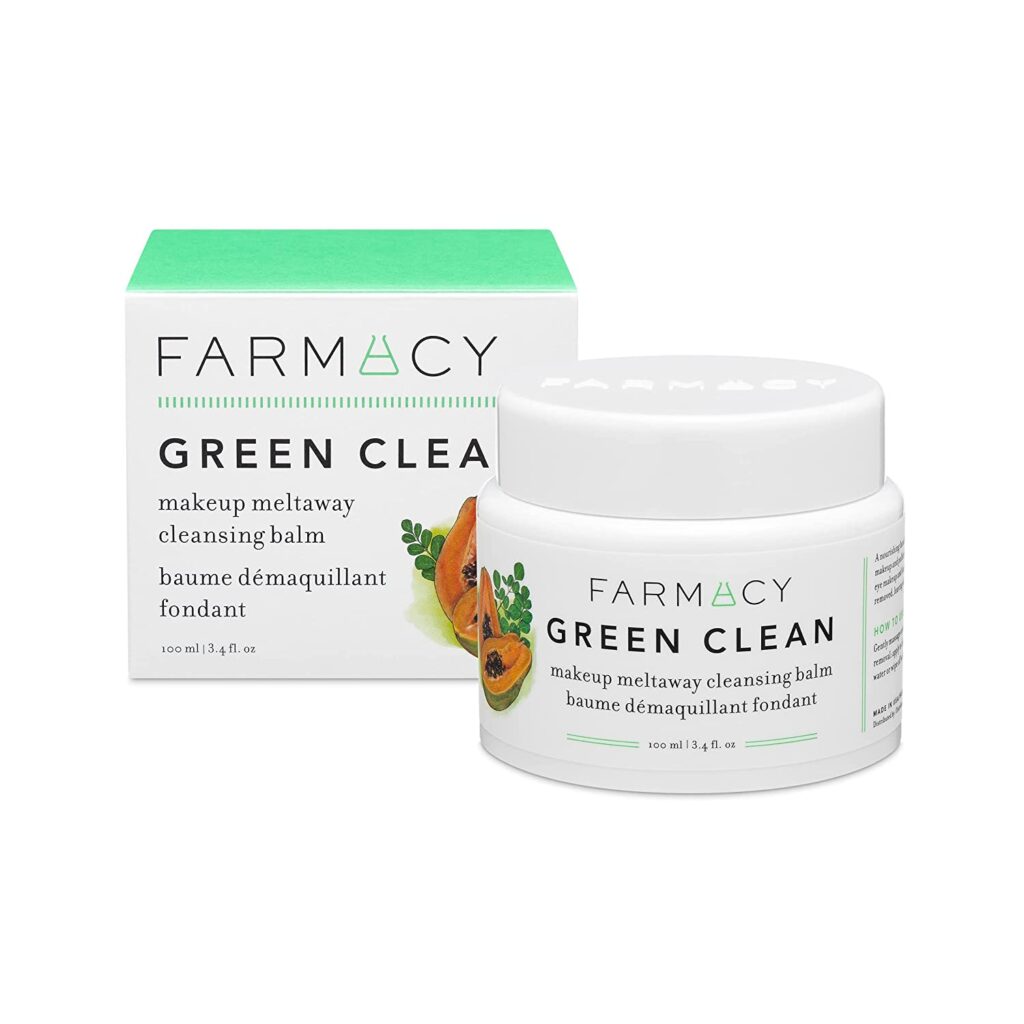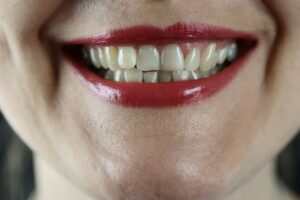Facial cleanser is a skincare product used to remove dirt, oil, makeup, and other impurities from the skin. It is designed to clean the skin without stripping it of its natural oils, which are important for maintaining skin health and hydration.
Facial cleansers come in different forms, such as foaming cleansers, gel cleansers, cream cleansers, and oil cleansers. Some cleansers are also formulated to target specific skin concerns, such as acne, dryness, or sensitivity. Using a facial cleanser as part of a daily skincare routine can help keep the skin clean, fresh, and healthy-looking.
Facial cleansers can have makeup-removing properties, but not all facial cleansers are designed specifically to remove makeup. Some facial cleansers are formulated to remove dirt, oil, and other impurities from the skin, while others are designed to remove makeup as well.
Makeup removers, on the other hand, are specifically designed to remove makeup from the skin. They can come in the form of wipes, oils, micellar waters, and cleansing balms. Makeup removers are typically more effective at removing stubborn makeup, such as waterproof mascara and long-wearing lipstick.
If you wear makeup on a daily basis, it’s important to choose a facial cleanser that has makeup-removing properties or use a separate makeup remover before cleansing your face. This will ensure that all traces of makeup are removed from your skin, preventing clogged pores and breakouts.

e.l.f. Face Cleanser & Makeup Remover
Formulated with hyaluronic acid, ceramides and peptides leaving your skin feeling silky smooth and plumped with hydration.
- The smell was really pleasant
- The texture is really nice
- Affordable

The INKEY List Mini Fulvic Acid Brightening Cleanser
Gently exfoliate with our compact gel cleanser to reveal a more radiant, healthy-looking complexion.
- Super clean and extremely smooth.
- Affordable

Farmacy Natural Makeup Remover , Cleansing Balm
Sunflower and ginger root oils gently remove even the toughest long-wear makeup without stripping or drying/
- The texture feels like coconut oil
- Good Smells
- Removes make up with ease
Ingredients of Facial Cleanser
Facial cleansers can contain a variety of ingredients depending on the type and formulation of the product. However, some common ingredients found in facial cleansers include:
Surfactants: These are cleaning agents that help to remove dirt and oil from the skin. Examples include sodium lauryl sulfate, sodium laureth sulfate, and cocamidopropyl betaine.
Emollients: These are moisturizing agents that help to hydrate the skin and prevent dryness. Examples include glycerin, hyaluronic acid, and shea butter.
Humectants: These are ingredients that help to attract and retain moisture in the skin. Examples include propylene glycol, sorbitol, and urea.
Exfoliants: These are ingredients that help to remove dead skin cells and promote skin cell turnover. Examples include alpha-hydroxy acids (AHAs) and beta-hydroxy acids (BHAs).
Anti-inflammatory agents: These are ingredients that help to reduce inflammation and soothe the skin. Examples include aloe vera, chamomile, and green tea extract.
Preservatives: These are ingredients that help to prevent the growth of bacteria and other microorganisms in the product. Examples include parabens, phenoxyethanol, and benzyl alcohol.
It’s important to note that some facial cleansers may contain fragrances or other additives that can irritate sensitive skin. If you have sensitive skin, it’s best to look for a fragrance-free and hypoallergenic cleanser. Additionally, it’s always a good idea to patch test a new product before using it all over your face to ensure that you don’t have an adverse reaction.
Advantages and disadvantages of Facial Cleanser?
Advantages of Facial Cleansers:
- Removes dirt and impurities: A facial cleanser helps to remove dirt, oil, and other impurities from the skin, leaving it clean and fresh.
- Improves skin health: By removing dirt and other impurities, facial cleansers can help to prevent acne and other skin problems, improving overall skin health.
- Hydrates the skin: Some facial cleansers are designed to hydrate the skin, which can help to keep it soft and smooth.
- Prepares the skin for other skincare products: By removing dirt and impurities, facial cleansers help to prepare the skin for other skincare products, such as toners, serums, and moisturizers, allowing them to work more effectively.
Disadvantages of Facial Cleansers:
- Over-cleansing: Overuse of facial cleansers can strip the skin of its natural oils, which can lead to dryness and irritation.
- Harsh ingredients: Some facial cleansers contain harsh ingredients that can irritate the skin, especially for those with sensitive skin.
- Not effective for all skin types: Facial cleansers are not effective for all skin types, and some may need a more specialized product to address specific skin concerns.
- Cost: Some facial cleansers can be expensive, especially those with specialized ingredients, which may not be affordable for everyone.
Overall, facial cleansers are an essential part of a skincare routine, but it’s important to choose the right product for your skin type and use it in moderation to avoid over-cleansing and potential irritation.
Difference between facial cleanser and face wash?
Facial cleanser and face wash are two different types of products used to cleanse the skin, but they have some differences in their formulation and usage.
Facial Cleanser:
A facial cleanser is a skincare product that is used to remove dirt, oil, makeup, and other impurities from the skin. It usually has a creamy or gel-like consistency and is designed to clean the skin without stripping it of its natural oils. Facial cleansers are typically used by massaging a small amount onto the skin and then rinsing it off with water.
Face Wash:
A face wash, on the other hand, is a foaming cleanser that is designed to remove dirt, oil, and other impurities from the skin. It typically has a lighter consistency than a facial cleanser and produces a lather when it comes into contact with water. Face washes are typically used by wetting the face, applying a small amount of the product, and then working it into a lather before rinsing it off with water.
In summary, the main differences between facial cleansers and face washes are the consistency and the way they are used. Facial cleansers are generally creamier and are used by massaging onto the skin and rinsing off, while face washes are typically foaming and are used by creating a lather before rinsing off. Both products serve the same purpose of cleansing the skin, but the choice between them may depend on personal preference and skin type. Some people may find that facial cleansers are gentler and more hydrating, while others may prefer the foaming action of face washes for a deeper cleanse.
Buying Guide
Choosing the right facial cleanser can be a daunting task, given the many different types and formulations available. Here are some factors to consider when choosing a facial cleanser:
Skin type: The first thing to consider is your skin type. If you have oily skin, you may benefit from a foaming cleanser that can help to remove excess oil. If you have dry or sensitive skin, you may need a gentler cleanser that won’t strip your skin of its natural oils.
Ingredients: Look for facial cleansers that contain ingredients that are suitable for your skin type and address your specific skin concerns. For example, if you have acne-prone skin, look for a cleanser that contains salicylic acid or benzoyl peroxide.
Formulation: Consider the formulation of the cleanser. Cream cleansers are typically more hydrating and gentle, while foaming cleansers are better suited for oily or acne-prone skin.
Fragrance: If you have sensitive skin, look for a fragrance-free cleanser to avoid potential irritation.
Price: Facial cleansers come in a wide range of prices, from affordable drugstore options to high-end luxury brands. Consider your budget when choosing a cleanser.
Brand reputation: Look for brands that are reputable and have a history of producing quality skincare products.
Patch test: Before using a new facial cleanser all over your face, do a patch test to make sure you don’t have an allergic reaction or experience any irritation.
By considering these factors, you can choose a facial cleanser that is tailored to your skin type and specific needs, helping to keep your skin clean, healthy, and glowing.










